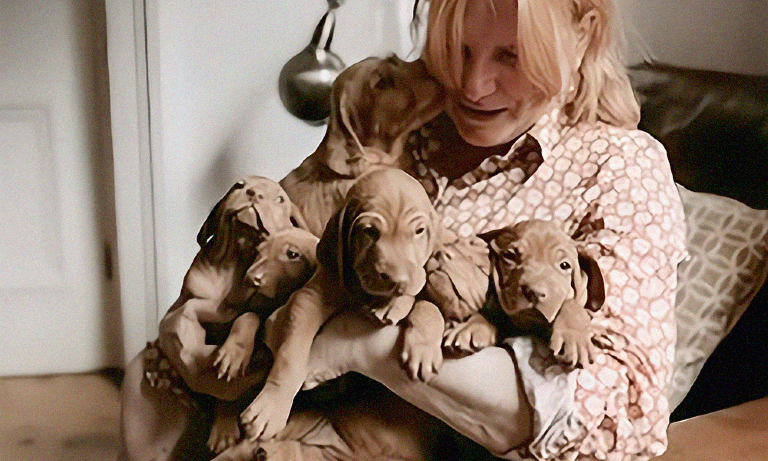Standing up for the veterinary profession
08 Aug 2024
15 May 2024 | Angelika von Heimendahl
Clamping down on the proliferation of unregulated dog fertility clinics is a key priority for animal welfare, but are UK vets stepping into the gap? Ahead of her BVA Live talk, veterinary reproduction specialist Dr. Angelika von Heimendahl discusses the importance of developing the role of the vet-led team in this area of veterinary medicine.

What is the issue with unregulated fertility clinics?
The problem is that laypeople perform acts of veterinary surgery. This starts with taking blood for progesterone testing, continues with artificial insemination with an endoscope and the worst case that just went to court a few months ago, perform Caesarean sections without veterinary surgeon employed at the set up. The use of antibiotics and other drugs, such as Oxytocin and GnRH, illegally bought online is widespread.
What consequences have you seen from the proliferation of such clinics?
Animal welfare issues and antibiotic resistance are obvious. The number of puppies that have been bred over the last 10 years, such as XL Bullies, American Bulldogs, Teacup Bullies, pink Pugs, French Bulldogs of the most unusual colours have been mainly created through these clinics. In some cases, these were pyramid schemes where people bought the female, paid a stud fee and the artificial insemination which together would set them back many thousands of pounds and were then promised a litter of 8-10 puppies worth £5000 each.
What can be done to encourage vets to offer reproductive advice and services?
There are very few vets interested in canine or feline reproduction, which is surprising as it is a very life affirming and positive field of veterinary medicine.
I believe that the biggest problem is the lack of small animal reproduction teaching in veterinary schools in the UK. The only vet school that has a small animal reproduction specialist is Nottingham. Most schools will have someone specialising in equine or bovine reproduction, although the number of students going into these areas are smaller than the number of vets working in companion animal practice. There is also an overemphasis on the problems of dog breeding (puppy farming and shelter medicine) in comparison to the large numbers of puppies of so many different British breeds that supply the ordinary everyday dog owners of which there are millions in the country.
A look ahead
What can be done to encourage greater engagement of the veterinary profession with dog breeders? How can surgeries develop a full service from puppy to adult, health testing and progesterone testing, assisted reproduction and help at parturition? How can vets and nurses contribute to make this a productive and profitable relationship?
These are just some of the questions that will be discussed in the BVA Live Clinical Theatre session, ‘Closing down fertility clinics - are UK vets stepping into the gap?’ at BVA Live in Birmingham on 7 June.
Read our policy position on canine breeding service.
Get tailored news in your inbox and online, plus access to our journals, resources and support services, join the BVA.
Join Us Today